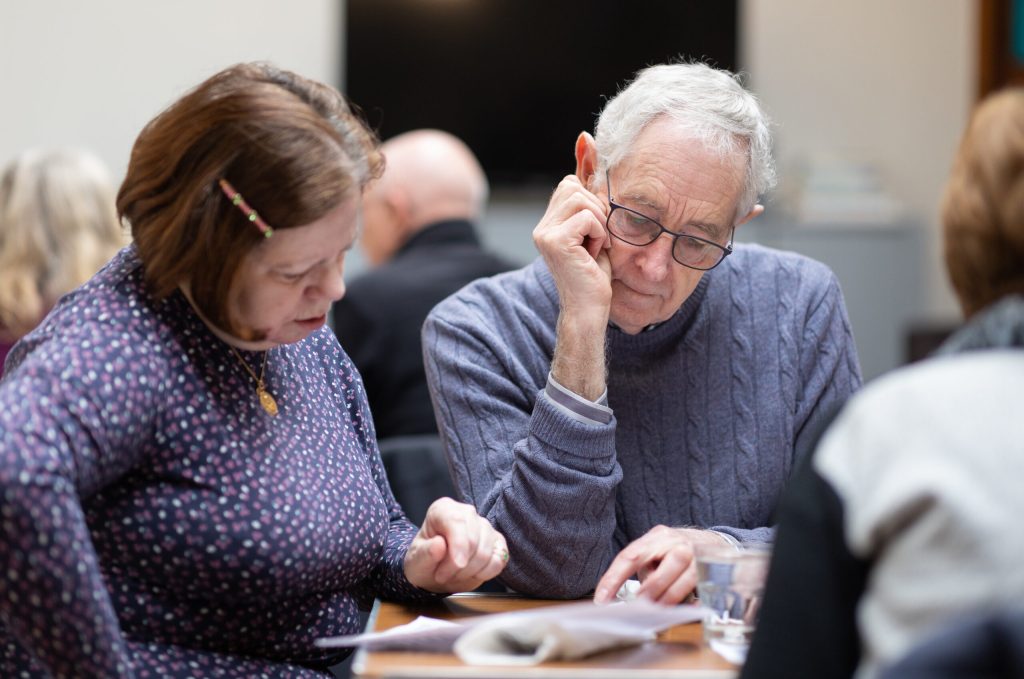Loneliness is a silent epidemic affecting millions of older adults worldwide. As individuals age, various life changes such as retirement, loss of loved ones, and declining health can often lead to feelings of isolation and disconnectedness.
However, amidst the challenges of aging, there exists a powerful antidote: connection. The power of human connection transcends age, providing solace, support, and a renewed sense of purpose.
In this article, we delve into the profound impact of connection in combating loneliness among older adults and explore practical ways to foster meaningful relationships in later life.
Table of Contents
Understanding the Impact of Loneliness
Loneliness is not merely a fleeting emotion but a serious public health concern with detrimental effects on physical, mental, and emotional well-being. Research has consistently shown that chronic loneliness is associated with increased risk of heart disease, cognitive decline, depression, and even premature mortality.
For older adults, who may already be grappling with age-related health issues, the burden of loneliness can exacerbate existing conditions and diminish overall quality of life.
Moreover, loneliness can have profound psychological implications, leading to feelings of worthlessness, despair, and hopelessness. Many older adults find themselves grappling with a sense of invisibility, as societal norms often marginalize the elderly, further exacerbating feelings of isolation.
Without intervention, the cycle of loneliness can perpetuate, leading to a downward spiral of deteriorating health and diminished life satisfaction.
Fostering Meaningful Relationships
Building and maintaining meaningful relationships in older age requires intentional effort and commitment. While the digital age has facilitated new avenues for connection, traditional forms of interpersonal communication remain invaluable. Here are some practical strategies for fostering meaningful relationships in later life:
Join Community Groups: Participating in local clubs, volunteer organizations, or hobby groups can provide opportunities to meet like-minded individuals and forge new friendships. Whether it’s a book club, gardening society, or charity group, shared interests serve as a catalyst for connection.
Stay Connected with Family: Strengthening bonds with family members, whether biological or chosen, is crucial for combating loneliness. Regular phone calls, visits, and shared activities can help maintain close ties and create lasting memories.
Embrace Technology: While face-to-face interaction is invaluable, technology can serve as a bridge for connecting with loved ones, especially for those who are geographically distant. Additionally, platforms like Claris healthcare offer virtual care solutions, further enhancing the accessibility and convenience of staying connected while also providing support for healthcare needs.
Cultivate New Friendships: It’s never too late to make new friends. Engaging in social activities such as classes, workshops, or cultural events can provide opportunities to expand one’s social circle and form meaningful connections with peers.
Seek Support Networks: Recognizing that others may be experiencing similar feelings of loneliness can be comforting. Support groups or counseling services tailored to older adults can offer a safe space for sharing experiences, seeking guidance, and receiving emotional support.
Practice Active Listening: Meaningful connections are built on mutual respect and understanding. Practice active listening skills, empathize with others’ experiences, and express genuine interest in their stories and perspectives.
The Power of Connection
In the face of loneliness, connection emerges as a potent remedy. Human beings are inherently social creatures, wired for companionship and interaction. Meaningful connections provide a sense of belonging, validation, and purpose, essential components of emotional well-being at any age.
For older adults, nurturing relationships becomes paramount in maintaining a sense of vitality and engagement with life.
One of the most significant benefits of connection is its ability to mitigate the adverse effects of stress. Research suggests that individuals with robust social networks exhibit lower levels of cortisol, the body’s primary stress hormone.
In essence, the presence of supportive relationships acts as a buffer against life’s inevitable stressors, promoting resilience and psychological well-being.
Conclusion
In a world that often overlooks the needs of older adults, the power of connection shines brightly as a beacon of hope. By nurturing meaningful relationships and fostering a sense of belonging, older adults can overcome the scourge of loneliness and embrace the later years of life with renewed vitality and purpose.
As a society, we must prioritize initiatives that promote social inclusion and support systems for older adults, recognizing that the bonds of human connection are the cornerstone of well-being across the lifespan. Together, let us champion the power of connection and create a world where no one, regardless of age, must face loneliness alone.

